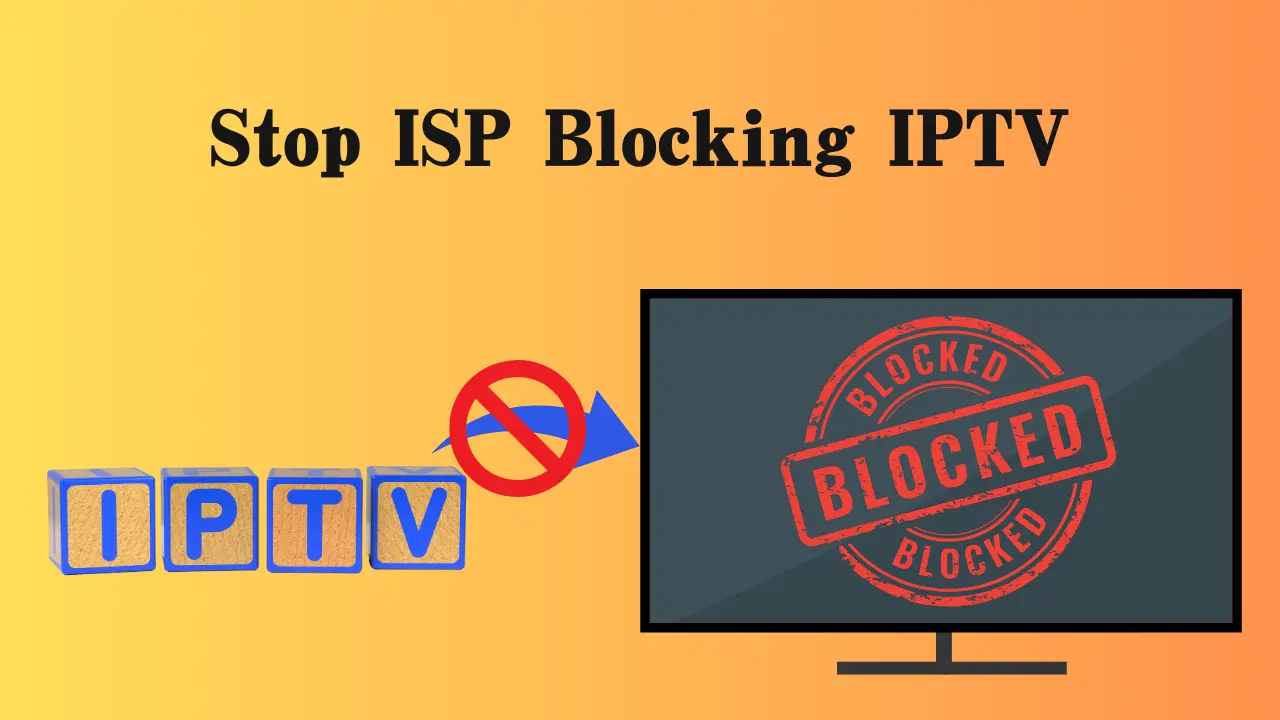The world of online streaming has expanded rapidly, offering viewers an array of content at their fingertips. Among these services, IPTV (Internet Protocol Television) has gained significant popularity, providing users access to a vast library of channels and on-demand content. However, while IPTV offers convenience and variety, it also comes with risks—especially if you’re not using a VPN (Virtual Private Network). Here’s why you should stop using IPTV if you’re not connected to a VPN.
1. Privacy Concerns
One of the biggest concerns with IPTV is privacy. When you stream content via IPTV, your IP address is visible to your ISP (Internet Service Provider) and, potentially, to third parties. This means your online activities can be monitored, logged, and even shared. Without a VPN, you’re essentially broadcasting your streaming habits to anyone who might be interested, compromising your privacy.
A VPN helps by masking your IP address, encrypting your internet traffic, and making it difficult for ISPs or other entities to track what you’re watching or downloading. This ensures that your viewing habits remain private, and you can stream content without worrying about prying eyes.
2. Avoiding Legal Issues
The legality of IPTV services varies greatly depending on the content they provide and the region you’re in. Some IPTV services offer access to copyrighted material without proper licensing, which could land users in legal trouble. In many countries, streaming copyrighted content without authorization is illegal and can result in fines, legal action, or even imprisonment.
A VPN can provide a layer of protection by making it more difficult for authorities to trace your streaming activities back to you. While a VPN doesn’t make illegal streaming legal, it does help protect your identity and reduces the risk of facing legal repercussions.
3. Bypassing Geographical Restrictions
Many IPTV services offer content that is region-locked, meaning certain channels or shows are only available in specific countries. If you’re not using a VPN, you might be missing out on a lot of content that’s geographically restricted.
A VPN allows you to change your virtual location by connecting to servers in different countries. This way, you can access content that would otherwise be unavailable in your region. Whether you’re looking to watch international sports, news, or entertainment, a VPN opens up a world of possibilities that you wouldn’t have access to otherwise.
4. Protection Against ISP Throttling
ISPs have been known to throttle, or slow down, internet connections when they detect high-bandwidth activities like streaming. This can lead to buffering, reduced video quality, and a frustrating viewing experience. Without a VPN, your ISP can easily detect when you’re using IPTV and limit your connection speed.
A VPN can help you avoid throttling by encrypting your data, making it harder for your ISP to detect that you’re streaming. This means you can enjoy smoother, faster streaming without interruptions.
5. Security Against Cyber Threats
IPTV services, especially less reputable ones, can expose you to various cybersecurity risks, including malware, phishing attacks, and data breaches. Without a VPN, your connection is more vulnerable to these threats, as your data is transmitted in plain text that can be intercepted by hackers.
A VPN adds an extra layer of security by encrypting your internet connection, making it much harder for cybercriminals to access your data. This is particularly important if you’re using IPTV services that may not have robust security measures in place.
6. Avoiding ISP Blockades
In some regions, ISPs actively block access to IPTV services due to legal pressures or agreements with content providers. This can prevent you from accessing your favorite channels or streaming platforms.
By using a VPN, you can bypass these blockades, as your ISP will be unable to detect that you’re connecting to an IPTV service. This allows you to continue enjoying your preferred content without interruptions, even if your ISP attempts to restrict access.
Conclusion
While IPTV offers a convenient and cost-effective way to access a wide range of content, using it without a VPN is risky. From privacy concerns and legal issues to security threats and ISP throttling, there are many reasons why you should stop using IPTV if you’re not connected to a VPN.
Investing in a reliable VPN service is a small price to pay for the peace of mind, security, and freedom it provides. By protecting your identity, encrypting your data, and enabling access to geo-restricted content, a VPN ensures that your IPTV experience is both safe and enjoyable. So, before you start streaming, make sure you’re connected to a VPN—your online safety depends on it.


Leave a Comment